Turkish Elections and Their Historical Significance
By Mahvish Akhtar
President Recep Tayyip Erdogan was sworn into his third presidential term last week.
“I, as president, swear upon my honor and integrity before the great Turkish nation and history to safeguard the existence and independence of the state.”
He was also reappointed as finance minister, which clearly indicates that his new government might pursue more of his economic policies this time. They would have good reason to do so because the political landscape has drastically changed this year. Erdogan, 69, took the oath of office a week after he won a new five-year term in a run-off Presidential election. This could mean a 20-year rule on a NATO country with connections in Europe and Asia.
2023 is an essential year for Turkey. Historically, after Kamal Ataturk, the most critical leader in Turkish history might be Tayyip Erdogan. A hundred years later, Erdogan’s Turkey looks very different from Ataturk’s Turkey. The stances that brought both leaders to power and made them strong enough to rally public confidence and support were inverse to one another, which polarizes the country even today.
Turkish War of Independence took place in 1923, which not only made room for the modern Turkish Republic but made it possible to thrive. Towards the end of the Ottoman Empire, the Caliphate was desperate to keep their power. They had lost control of their kingdom, and the mission to create an Islamic empire was long dead. At that point, religion was just a token to give them permission to do what they needed to break the rules and gain access to more power without being questioned.
Turkey has always had an advantage because of its geographical placement and economic benefits. At that time, Turkey was a fading Ottoman Empire’s way to Europe and its allies in the Asian world. However, Turkish people were done being pawns. Mustafa Kemal was a decorated Turk Commander in the Ottoman army. He was sent to control the uprising in the Turkish region. Instead of quieting down their demands, he helped organize the uprising, and on 29th October 1923, he elected himself the new Republic’s first president.
Kamal Ataturk declared Turkey a secular nation. Even though most of the population was and always has been Muslim, all religious activity was banned and strictly frowned upon, even if practiced individually. At the time, the people of Turkey did not think much of it; they were happy just to be rid of the Caliphate and the burdens that came with it. Kemal promised all the progress and forward-thinking the empire didn’t provide. He made positive changes within the country in a very short period. In contrast, previously, the country was being used for its resources by the previous leaders and not being replenished in the same way as it should have been.
The Caliphate and the Turkish Republic agreed to recognize the formation of the Turkish Republic. Syria was given under French control, and Egypt, Sudan, Iraq, and Palestine were given as British colonies. The straits between the Aegean Sea and the Black Sea, the Bosporus Straits, were declared civilian passage. This was called The Treaty of Lausanne, signed, leading on July 23rd, 1923; modern-day Turkey was created under Mustafa Kemal. This treaty contained 141 articles, signed by Ismet Inonu, a delegate of Mustafa Kemal. National agreements last for 100 years if time is not specified within the treaty.
Turkey used their newfound freedom and their geographical location to their advantage. Another key player with the resources of the Ottomans had emerged, and everyone wanted to do business with them. Ataturk had learned well from the mistakes of the Ottomans. He was not trying to become rich with gold and sit on a throne. He did not want to conquer the world in the name of religion. He tried to control people’s minds with logic and science. He educated them and indoctrinated them with his ideology. In that way, a strong, peaceful secular Turkey was born.
Ataturk’s Turkey was hesitant about joining wars and making allies with other countries. Now all venues of allyship were open. It took Ataturk a while to pick a side in WWII. Finally, in February 1945, Turkey declared war on Germany. Even then, no active soldiers or any other army or medical personnel were given to assist. What the allyship achieved was that Germany no longer had access to the Middle East, and that meant they couldn’t make an Arab alliance.
Mustafa Kemal Ataturk was a welcome change and an outstanding leader for bringing Turkey to the world stage in a big way. He brought with him his constitution, Kemalism. Some of the rules and regulations were the separation of state and religion. He used European laws and ways of governing in his lawmaking, such as the Swiss code of law, which thrust women forward.
That was something completely foreign for a segregated society in the 20th century. It was nationalism with a hint of socialism. Kemalists didn’t recognize any class, dynasty, or family. Everyone works for the nation. There is no individual or family; the state looks after you and all your affairs. Also, not everyone is fit to rule, so the select few make decisions for those deemed incapable by the state. Despite the backlash or complaints from his opponents, he did not budge or bend any of his rules until his death.
While Turkey got the freedom it wanted, the treaty was an underhanded move by the Ottomans and the British. On the surface, they wanted to keep Mustafa happy because it was obvious that he would be the new emerging power. They also needed him on a leash because they had seen how cunning he could be and how he had organized a nation and turned it into something of a weapon against a whole empire. Turkey was restricted from conducting business or drilling for oil or gas around the Aegean and the black sea.
Bosporus Straits were open to all civilians for shipping, although Turkey was restricted to it. Kurdish lands were distributed between Turkey, Iraq, and Syria, while the Kurds could have easily been given one land. Because of this decision, Turkey and the two countries, mainly the Kurds, are suffering, and the problems between the Kurds and the countries’ leadership keep growing.
There is no denying that Turkey is one of the most stable nations in the world today. However, even a country as stable as Turkey has seen better days. The 100-year mark for the treaty is up this year. The Republic of Turkey is no longer bound by the treaty’s regulations that were signed in 1923. Tayyip Erdogan is free to drill and trade as he pleases. Attaturk probably foresaw this day when he signed the treaty.
However, did he imagine this nation would be in the hands of a government he fought so hard to organize against? Would he put his differences aside and get in line, or would he lead the Kamalists of today?
Recep Tayyip Erdogan, the current President of Turkey, has held this position since 2014. He served as Prime Minister from 2003 to 2014 and as mayor of Istanbul from 1994 to 1998. He is a different kind of leader. He had done jail time in his youth for his religious rhetoric. Erdogan has also been unapologetic about serving his country and making reforms suitable and proper for the nation. However, now there is a democratic system in place with political parties holding elections.
He has been accused of not doing enough during the two major earthquakes that shook Turkey this year. Turks also blamed him for the economic decline that the country faced this year and the year before. However, in the 2023 elections, he won by a landslide. This win either says something about him as a leader or speaks volumes about the broken democratic system of the current Turkish nation.
From this year on, his bold and brazen leadership will be necessary for Turkey. The world will be watching him because all those bans and restrictions that the other leaders and even he had dealt with for a hundred years are gone. There might be other obstacles, but many venues are now open. Economic relief could just be years away.
Erdogan is a shrewd and wise leader. While he is appealing to a growing religious public, he understands the loyalties and needs of the nation. He has not cut ties with important European countries like Russia. He claims that it’s important to do so to keep talks open between Russia and Ukraine. Nonetheless, the world knows better.
His hunt for the Kurds has been nothing less than chilling, and now that more paths have opened, the hunt will only pick up momentum. How much of this the public approves, and how much of this the nation has to take because the government-controlled media is telling them that this is necessary for them and the country is hard to calculate.
There may be no difference between Erdogan and Kemal. One used a nation tired of being used in the name of religion, promising them the freedom to be whomever they want. The other is using submission to the almighty and religion, equating it to surrender to his and his political will. Both parties and men probably love their country and have their best interests at heart. They also believe they are the best people for the job, making others’ opinions and leadership irrelevant. So, whatever means they apply to lead are okay, no matter how dubious.
We still must wait and see what history says about Tayyip Erdogan. He still has work ahead of him. Most people don’t realize how significant this year is for him. While there have been wars and the Turkish people’s and nation’s survival has been in danger, the stakes have never been this high.
Leaders have never been this juxtaposed and familiar at the same since the proper founding of the country. The newly elected President: shrouded in controversy, just like Mustafa Kemal, could either go down in history as the next Kemal Ataturk or the leader who destroyed the Turk Legacy.






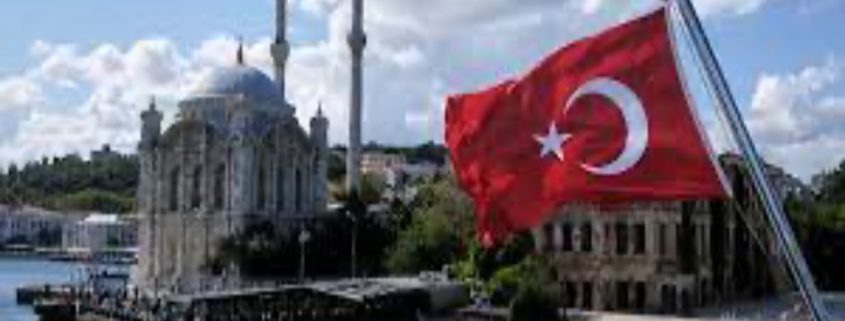
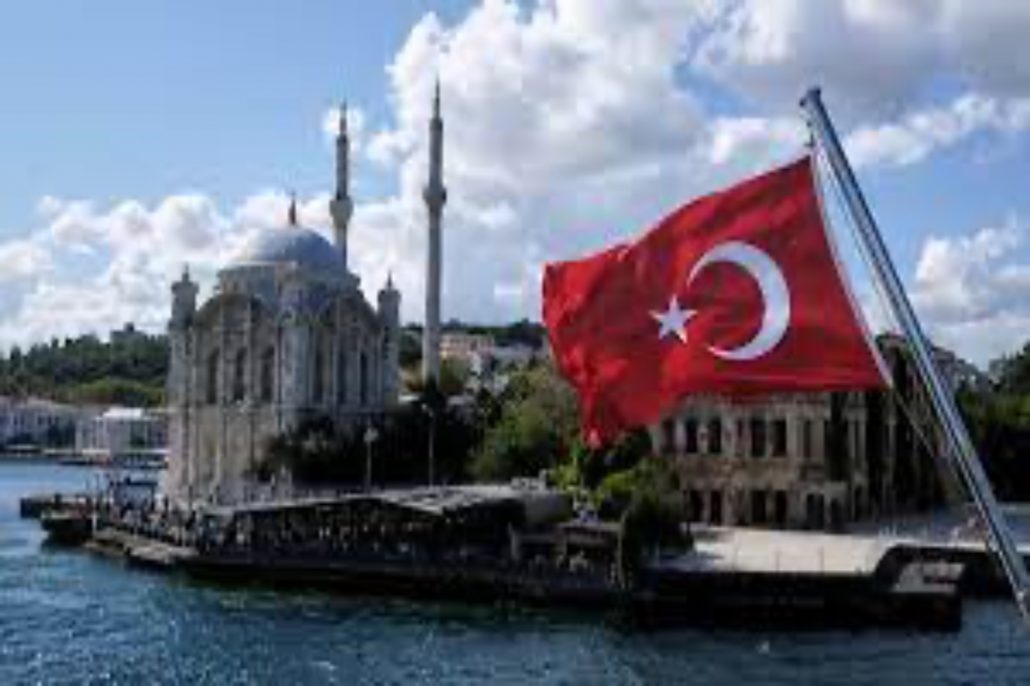

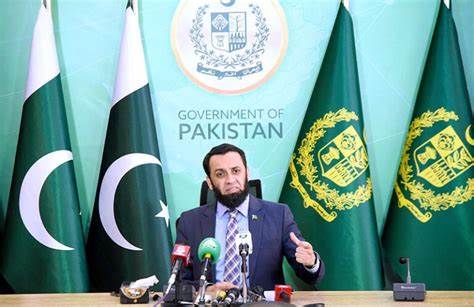
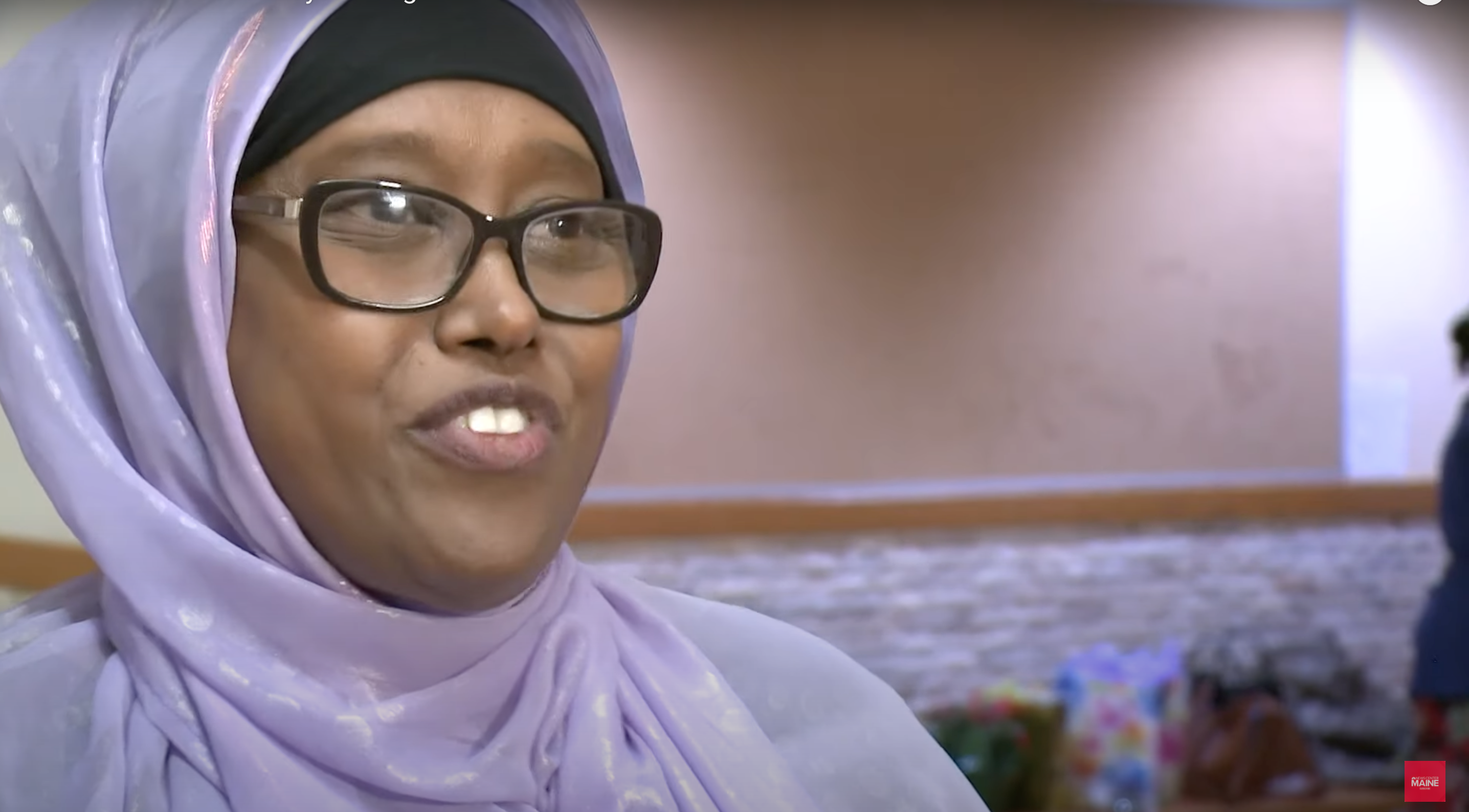
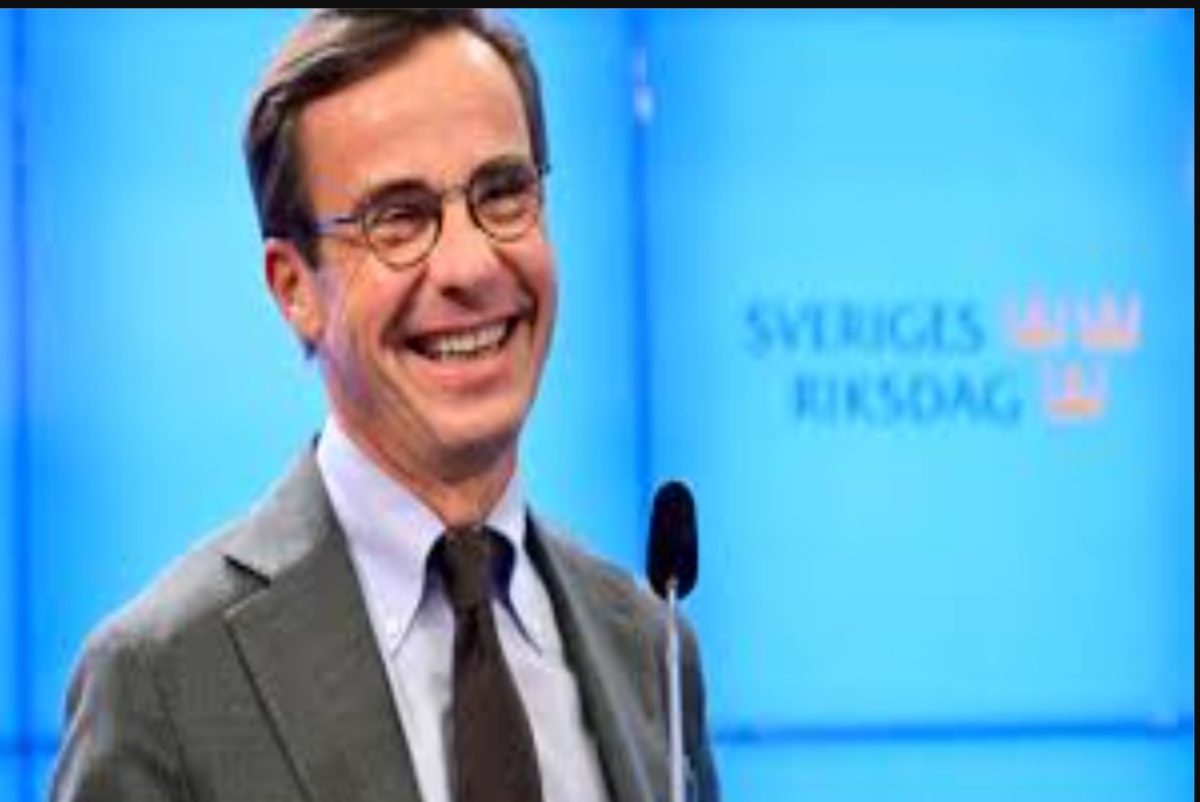
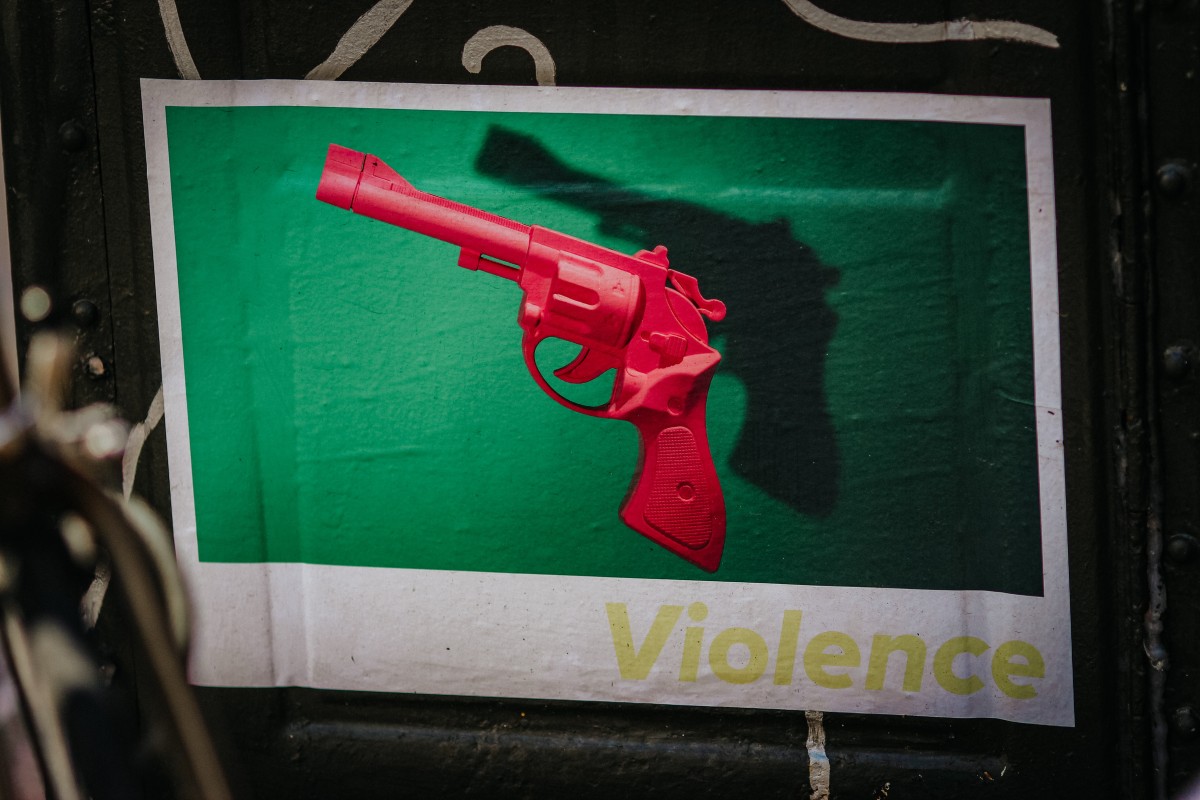
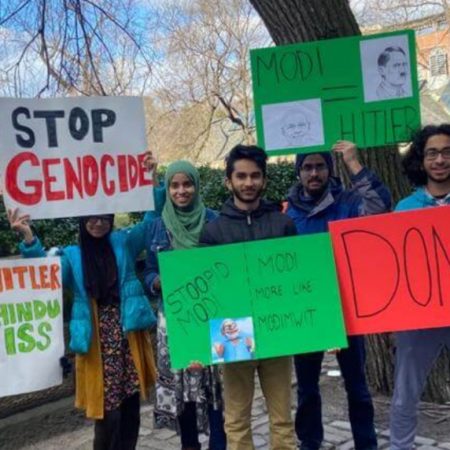
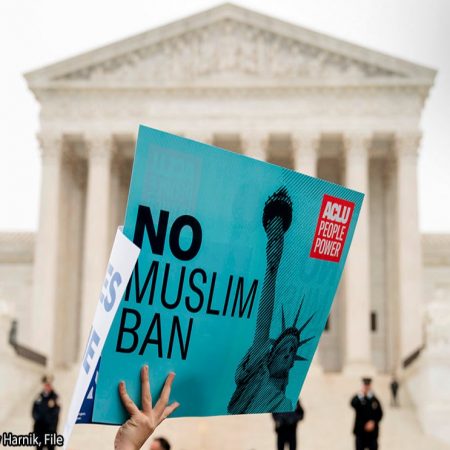






2023
9,362 views
views
0
comments